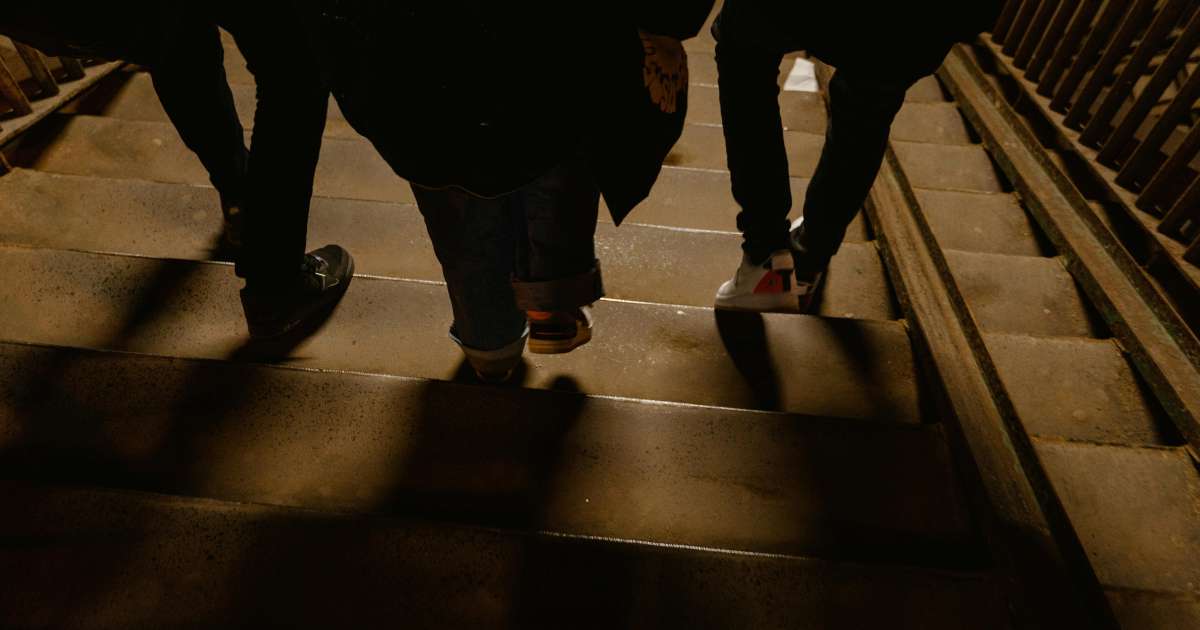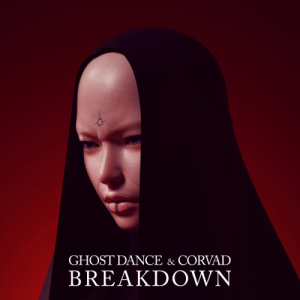
Survey launched to investigate racial prejudice in lisencing London music events
A new survey will investigate how racial bias is influencing decisions on licensing music events in London.
Arts charity Black Lives in Music (BLiM) is calling for artists, venue managers, promoters and other people working in the music industry from Black, Asian and minority ethnic backgrounds to share experiences of discriminatory licensing practices and interactions with local authorities and police.
Through related research, BLiM has found likely examples of racial prejudice, such as promoters feeling pressured to change their names to a “white pseudonym” to secure licencing.
Read this next: Black artists are disproportionately impacted by nightlife licensing, London Assembly told
In a separate case, BLiM found a venue that largely played “Black/Brown music” couldn’t secure the hours required to sustain itself, despite there being no evidence of any “adverse effects”. Nearby pubs, meanwhile, were permitted to trade and reportedly even played similar music.
CEO of Black Lives in Music, Charisse Beaumont, said: “Last minute event cancellations by the police, licence extensions denied, covert phone calls pressuring venue owners to cancel events and outright refusals to grant licences based on music genres including Jazz, Bhangra and Gospel are just some of the obstacles. It’s not just Drill music.”
The study has been launched in conjunction with the Musicians’ Union, UK Music, LIVE and the London Assembly — with the Runnymede Trust, a UK-based race equality think tank, carrying out the research.
From 2008 to 2017, Form 696, a risk assessment form used in venue licencing that requested details of the audience’s ethnicity and the music genre, was previously employed by the Met Police to inform their decision-making.
Read this next: BLiM unveils its industry-wide Anti-Racism Code Of Conduct
The form was shelved in 2017 following a review, however according to BLiM its legacy may still influence “formal and informal licencing decisions and interactions”.
Chief Executive of UK Music, Tom Kiehl, said: “The racist Form 696 may have been abolished in 2017 yet this was a false dawn. The Form perpetuated a climate of discrimination towards live music from Black, Asian and ethnically diverse communities across London, and may have left a troubling legacy in the way events are licensed that is still felt today.”
Charisse Beaumont added: “We need venues, artists, promoters and decision-makers to take part and share their experiences.
“Together, we can transform the live music industry into a sector where talent is nurtured, opportunities are equal, and success is accessible to all.”
You can take part in the survey here. To find out more about BLiM, head to their website.
Henrietta Taylor is Mixmag’s Digital Intern, follow her on Twitter


